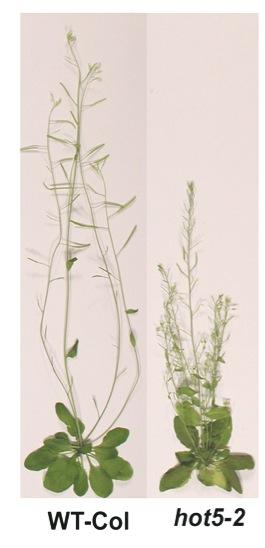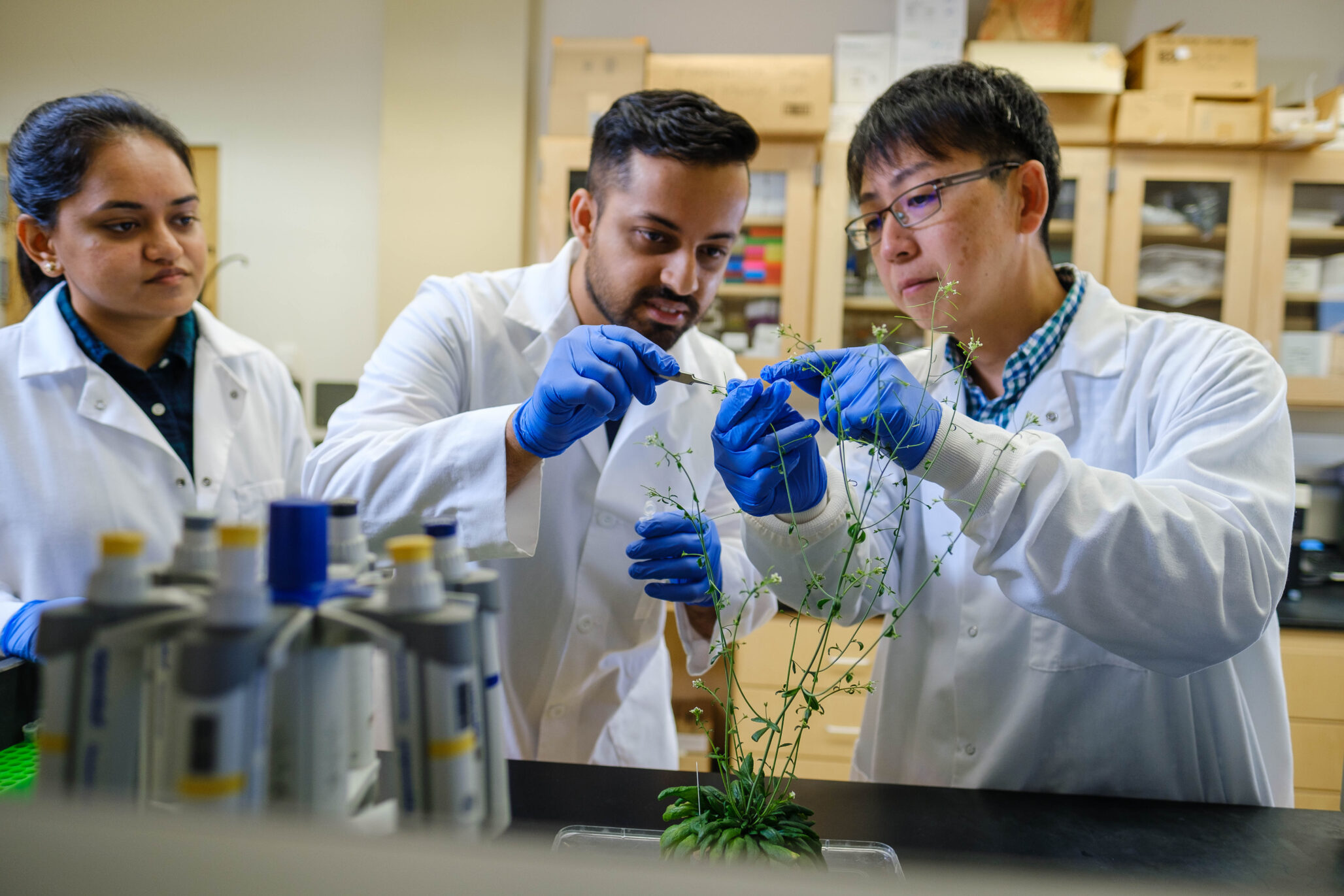Biochemist Elizabeth Vierling at the University of Massachusetts Amherst receives a three-year National Science Foundation grant to study how plants respond, at the molecular and cellular level, to stress in their environment and the role of a regulatory protein called S-nitrosoglutathione reductase (GSNOR).
The research aims to discover the mechanism by which GSNOR regulates NO and how it may alter NO perception. The project has potential to uncover the ways plants adapt to stresses such as heat and drought, and could inform efforts to improve plant fertility.
Vierling has spent much of her career studying how plants respond to their environment, particularly in stressful conditions such as high temperature.
“I’ve been looking into how individual cells cope and survive in conditions not optimal for growth and reproduction,” she says. “One very interesting thing we’ve seen over the years is that plant cells respond in a very similar way to many other types of cells, including human cells. GSNOR is found in organisms from yeast to plants to humans. It plays an important role in controlling nitric oxide (NO) levels.”
More information is available here: http://www.umass.edu/newsoffice/article/how-plants-cope-stress-molecular-level













